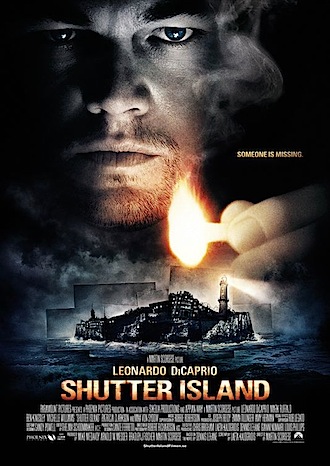Economically speaking, theatres are a complete waste of space. I mean, take a look at the St James or the Embassy and try and imagine how many cubicles and desks…
Read More
It’s been a weekend made for movie watching with cinemas across the city groaning under the weight of patrons escaping the filthy weather. It’s been so busy, in fact, that…
Read More
Most films go in one eye and out the other but some stick in your brain and won’t leave – for better or worse. John Hillcoat’s adaptation of Cormac McCarthy’s…
Read More

There’s something very odd about the opening scenes in Shutter Island and it takes the entire film for you to put your finger on it. Shots don’t match between cuts,…
Read More
Forgetting Sarah Marshall is an ideal post-Festival palate cleanser: a saucy comedy fresh off the Judd Apatow production line (The 40 Year Old Virgin, Knocked Up). Here he gives the…
Read More

Never having seen an episode of Sex and the City on television, I'll have to leave it to others to place it in context. From what I can gather, though,…
Read More
